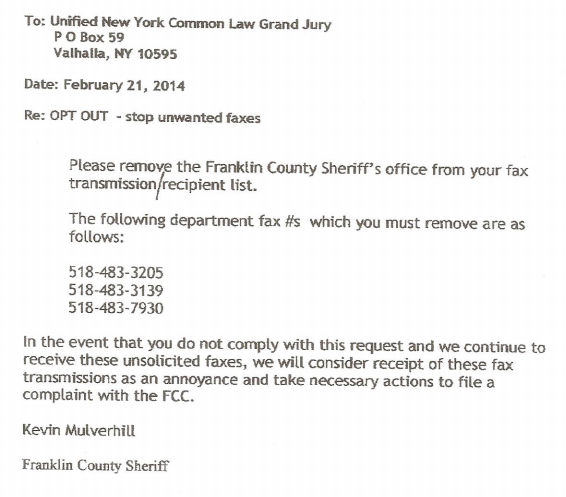Anthony Troy Williams was indicted by the Davidson County Grand Jury for driving on a canceled, suspended or revoked license, second offense and convicted by a Jury to 6 month jail and a $2500 fine.
Williams argued that he has a constitutional right to travel and that therefore any attempt require him to possess a driver’s license would be unconstitutional. The court, observing that the right to travel does not mean the right to travel using any and all means stated:
This Court agrees with Appellant’s contention that he enjoys a fundamental right to freedom of travel. See Booher, 978 S.W.2d at 955.[NBC:The court in Booher found:His right to travel within this state or to points beyond its boundaries remains unimpeded. Thus, not only has the appellant’s right to freedom of travel not been infringed, but also, we cannot conclude that this right is even implicated in this case. Rather, based upon the context of his argument, the appellant asserts an infringement upon his right to operate a motor vehicle on the public highways of this state. This notion is wholly separate from the right to travel.]However, Appellant’s right to travel has not been infringed upon by the requirement by our legislature that an individual have a valid driver’s license to lawfully operate a motor vehicle on the public highways of this state. Id. at 955-56. The same holds true for the requirement that motor vehicles be registered under the motor vehicle registration law. See id. at 956. Arguments identical to Appellant’s have been addressed and dismissed by this Court several times. See, e.g., State v. Paul Williams, No. W2009-02179-CCA-R3-CD, 2010 WL 2539699, at *1-2 (Tenn. Crim. App., at Jackson, June 23, 2010), perm. app. denied, (Tenn. Nov. 12, 2010); State v. David A. Ferrell, No. M2007-01306-CCA-R3-CD, 2009 WL 2425963, at *3 (Tenn. Crim. App., at Nashville, Aug. 7, 2009), perm. app. denied, (Tenn. Feb. 8, 2010); State v. Bobby Gene Goodson, No. E2001-00925-CCA-R3-CD, 2002 WL 1751191, at *3-4 (Tenn. Crim. App, at Knoxville, July 29, 2002), perm. app. denied, (Tenn. Dec. 23, 2002). Appellant is not entitled to relief.Source: State v Williams

